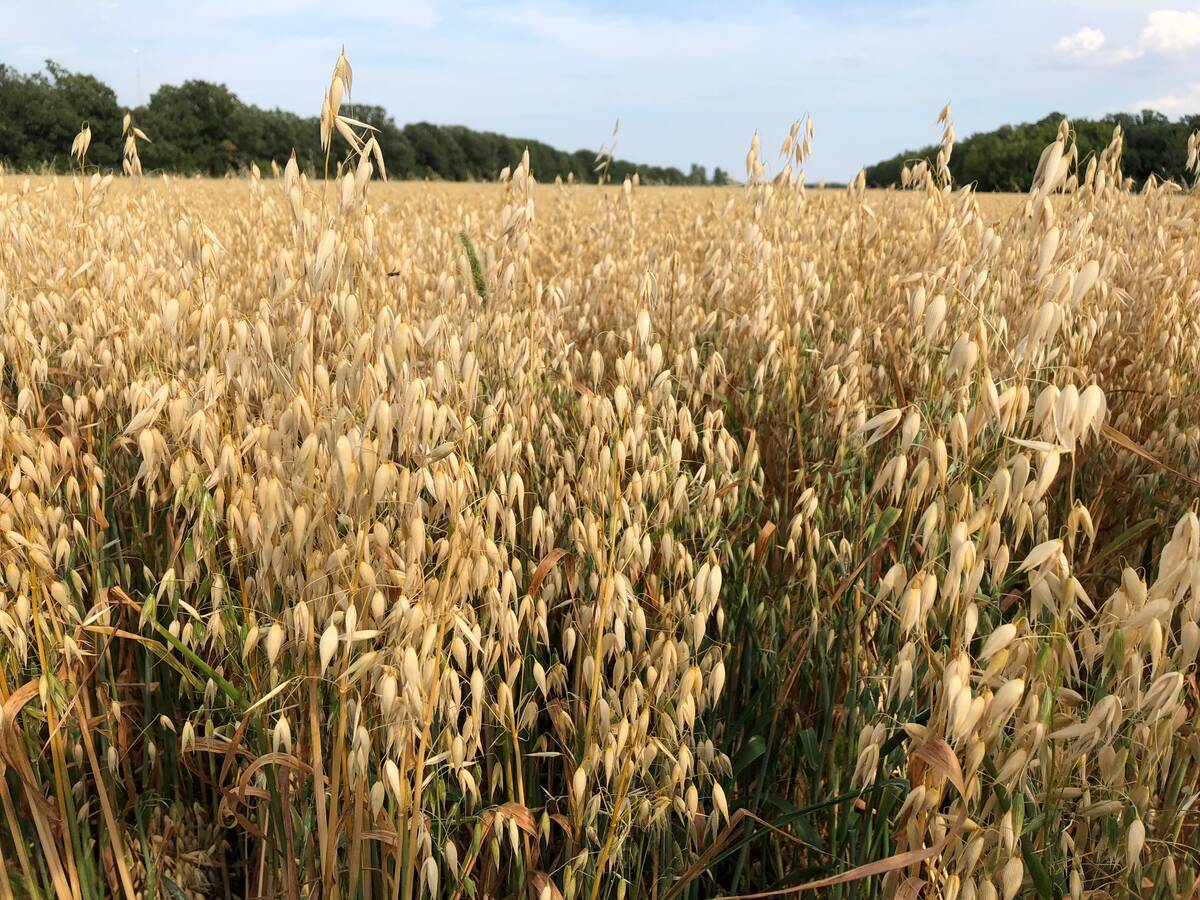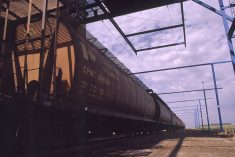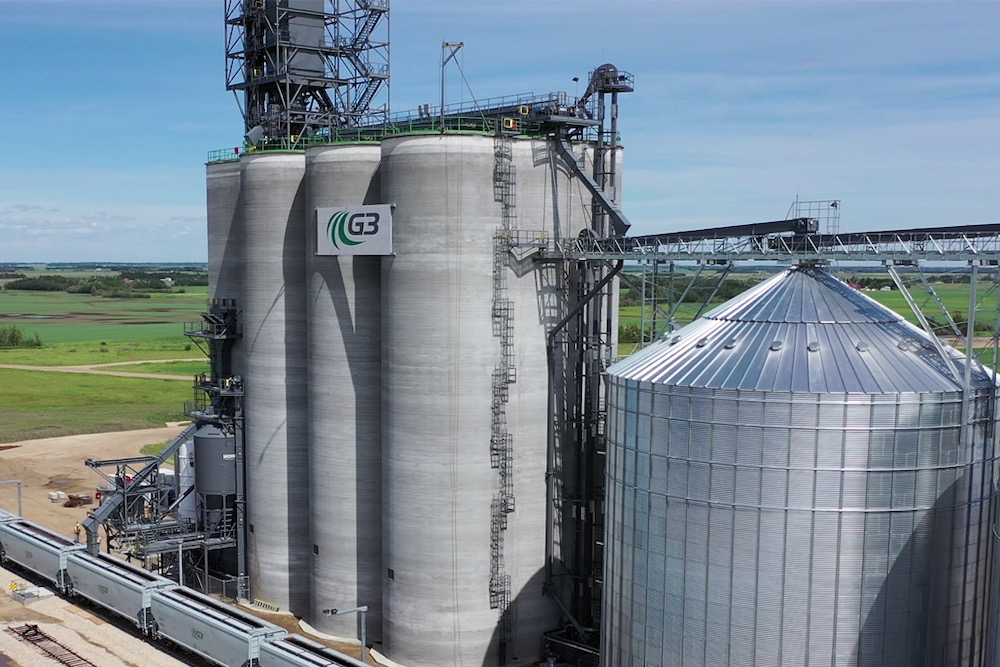CNS Canada — The Western Grain Elevator Association (WGEA) wants assurances that any government incentives used to upgrade the rail line to Churchill, Man., and the port there are not used to support competing businesses.
Wade Sobkowich, executive director of the WGEA, said the organization’s membership of major grain-handling companies are concerned their competitors could get a leg up if improper federal subsidies are provided.
He said he understands that rail access is an important service to the community of Churchill, but clear divisions must be made on what support Ottawa will provide. “That has to be clear — that federal funds are not going to private companies,” he said.
Read Also

Big oat crop in 2025/26 pointing to less acres next year
Oat acres in Canada are likely to recede this spring with cash prices to remain low, said Scott Shiels, grain procurement manager for Grain Millers Canada in Yorkton, Sask.
The WGEA represents grain handling companies responsible for hauling about 90 per cent of Western Canada’s bulk grain exports.
The Hudson Bay Route Association (HBRA), a supporter of the northern rail line and the port at Churchill, doesn’t see a problem with such funding, if certain conditions are followed.
HBRA second vice-president Wayne Bacon said the federal government has in the past subsidized shipments on the rail line by $9 per tonne in the days following the end of the Canadian Wheat Board’s monopoly on Prairie wheat and barley.
With that incentive, he said, even large shippers such as Richardson International used the Churchill line.
“I don’t think it can be specific funding just for, say, two or three different companies to use, but I think if it’s open for anyone to use, I don’t see the problems.”
Bacon, who also operates Northern Lights Railway and farms near Kinistino, Sask., said the reopening of the Churchill rail line and port could be a boon to local short lines through central and northern Saskatchewan and Manitoba.
Government incentives are going to be critical in the early going, he said, to find capable people to operate the facilities.
But Sobkowich said the situation can become complicated if subsidies are paid to an enterprise that will then compete with existing export terminals.
“If the government is propping up the rail line to get grain for export, it gets pretty messy to try and figure that out.”
Large grain companies have excess capacity at Thunder Bay, Ont., he said, and federal money that supports a company that will draw business to Churchill, away from existing terminals is unfair.
WGEA members are interested in using their own terminal spaces at Thunder Bay and the West Coast, and have no assets in Churchill, he said.
“The future of the (Churchill) port for grain exports, the opportunities are probably limited,” he said.
However, Bacon said he thinks grain companies will take advantage of Churchill, especially if there is a freight rate subsidy. He added he found it difficult to find space for producer cars at Thunder Bay.
Arctic Gateway Group, a public-private consortium, has bought the rail line leading to Churchill, the Port of Churchill and a nearby petroleum storage compound. Arctic Gateway is made up of grain and pulse processor AGT Food and Ingredients and Fairfax Financial Holdings, which together own 50 per cent. Missinippi Rail Limited Partnership owns the other 50 per cent.
The sale price was not disclosed.
In a news release, the president of Fairfax said Ottawa has already promised long-term assistance, although details were vague.
“The government of Canada acknowledges the value and importance of our inclusive group and is supportive of our efforts providing a long−term support package through Western Diversification and Export Development Canada” Paul Rivett, president of Fairfax Financial Holdings, said Tuesday.
The facilities were bought from OmniTrax after the Denver-based shortline rail operator, owner of the railway and port since 1997, said it could not afford to fix the rail lines, which were damaged by flooding and washouts in 2017.
Since the sale to Arctic Gateway, repair crews have been dispatched with hopes of getting the line operational before winter.
— Terry Fries writes for Commodity News Service Canada, a Glacier FarmMedia company specializing in grain and commodity market reporting. Follow CNS Canada at @CNSCanada on Twitter.


















